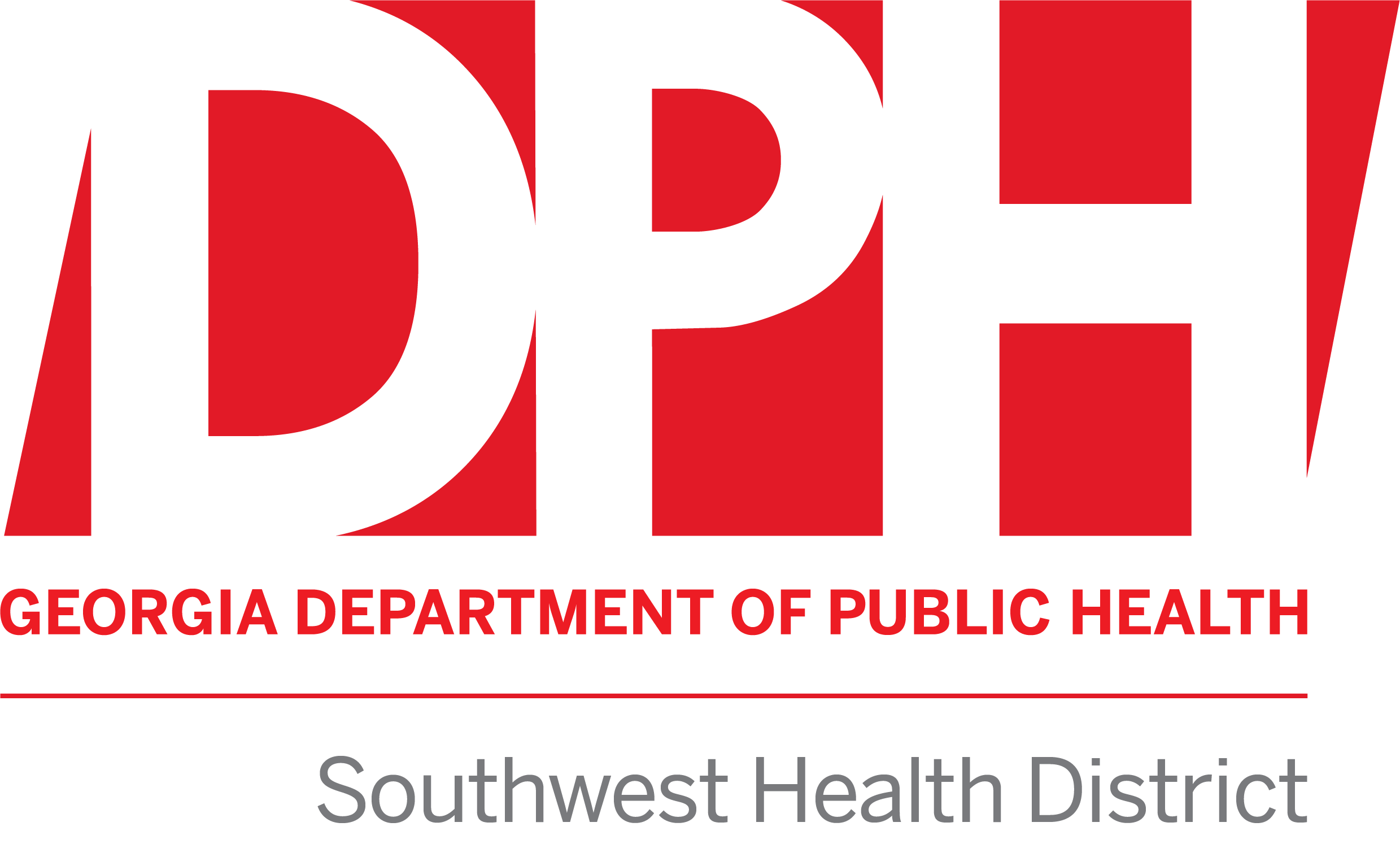Press Release
August 17, 2022
Overdose Death Prevention and Medical Amnesty Law
Albany, GA— The misuse of opioids, including prescription pain medication, heroin, and synthetic opioids such as Fentanyl, is a national public health crisis. According to the CDC, drug overdose-related deaths have quintupled since 1999. In 2022, there have been 29 drug-related deaths in Dougherty County among residents ages 24-64. Fentanyl has been present in most opioid overdoses in Dougherty County this year. Opioid overdose deaths are preventable.
Recognize the signs and symptoms of an opioid overdose:
• Pinpoint pupils
• Unconsciousness
• Respiratory depression
• Awake, but unable to talk
• Limp posture
• Pale or clammy face
• Blue lips and fingernails
• Purple or gray skin. For lighter-skinned people, the skin turns bluish purple. For darker-skinned people, the skin turns grayish or ashen
• Slow, shallow, or irregular breathing or no breathing at all
• Pulse is slow, erratic, or not there at all
• Choking sounds or a snore-like gurgling noise
If you suspect a drug overdose, administer naloxone if you have it and know how to use it. Naloxone is an opioid antagonist that can reverse the effects of an opioid overdose and can be obtained from pharmacies in Georgia without a prescription under a standing order from the Commissioner. Naloxone is available for FREE at the Dougherty County Health Department on Wednesdays, from 1 pm to 5 pm.
Georgia has a medical amnesty law that protects individuals who may be experiencing an overdose and callers seeking medical attention for drug overdoses. This law provides limited liability for possession of small amounts of drugs and/or alcohol (this applies to the victim as well as the caller); limited liability for breaches of parole, restraining orders, probation, and other violations; and naloxone immunity for prescribers, pharmacists and first responders.
Prescription Opioid Use, Storage, and Disposal Tips
Always follow the prescribed directions of your opioid prescription. Do not combine opioids with alcohol or other medications unless your doctor has said it is OK to do so. To avoid misuse or theft of prescription medications, keep medications stored out of sight in a safe and secure location. Dispose of unused or expired medications at a Controlled Substance Public Disposal Location, at a Drug Take-Back Event, or in drug deactivation pouches. Deterra® Drug Deactivation and Disposal Pouches are available for FREE at all 14 county health departments. Call your local health department for more information.
Drug prevention and recovery are possible with the appropriate support. For access to services and immediate crisis help, the Georgia Crisis & Access Line 1-800-715-4225 is available 24/7.
